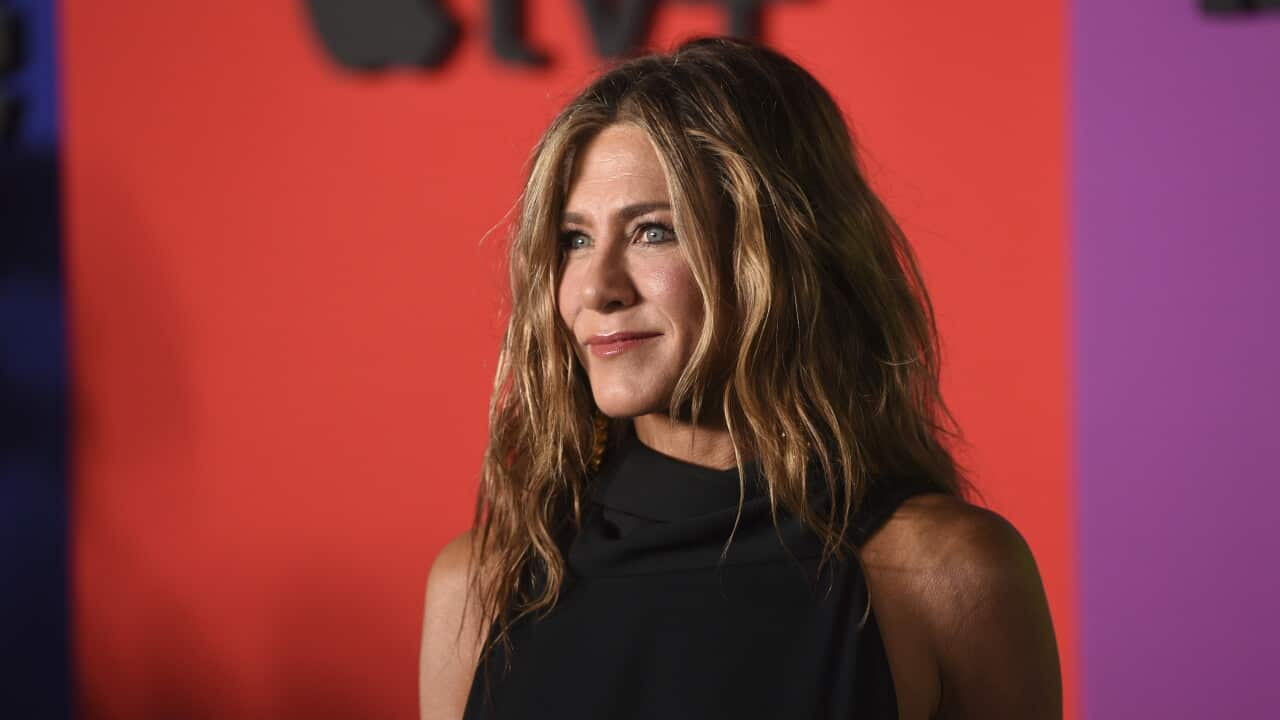Why does this election matter?
Politics in Croatia have been dominated for more than 30 years by the party that led the armed struggle for a separate state from a disintegrating Yugoslavia. But a snap general election scheduled for April 17 has left the Balkan nation’s governing party exposed to an unexpectedly strong challenge from populist forces.
The Croatian Democratic Union, known as HDZ, first emerged in 1989 as an ethnonationalist champion of Croat primacy, but later evolved into a more conventional, pro-European, right-wing party. It has governed the Balkan country, either on its own or with coalition partners, for 26 of the 32 years since it broke away from Yugoslavia in 1991.
Opinion polls put HDZ ahead of its main rival, the Social Democratic Party, and a plethora of smaller groups. But swamped by corruption scandals, disquiet over the rising cost of living and anger over its aloof (critics say authoritarian) ways, HDZ has faced mounting pressure from both the left and right.
The far-right Homeland Movement could end up being a kingmaker if, as is highly likely, neither of the two biggest parties win a majority in Croatia’s Parliament.
Who are the candidates?
Croatia will vote to fill Parliament’s 151 seats and the party with a majority, either alone or in a coalition with other parties, will name the next prime minister, the country’s most powerful post.
The current prime minister is Andrej Plenkovic, the leader of HDZ and a bitter rival of Croatia’s president, Zoran Milanovic.
Mr. Milanovic upended the governing party’s calculations last month by calling an early election and declaring that he would compete as the Social Democratic Party’s candidate to replace Mr. Plenkovic as prime minister.
Croatia’s constitutional court ruled that he could not run for Parliament while still serving as president. He dismissed that decision as evidence that HDZ has corrupted the independence of the judiciary and vowed to run regardless.
Mr. Plenkovic, in power for seven years, has presided over a period of economic growth fueled by tourism and a real-estate boom. His political fortunes have also been lifted by an influx of money from the European Union, which Croatia joined in 2013. But he has struggled to shake off the taint of corruption.
During his two terms as prime minister, Mr. Plenkovic has overseen revolving-door coalition governments with 30 ministers leaving office — many of them stung by corruption accusations. He caused an uproar this year by appointing an HDZ loyalist, Ivan Turudic, as attorney general, a move that political foes denounced as an effort to protect his party from further criminal investigations while also inoculating himself should he lose his seat in the election and with it his immunity from prosecution.
Mr. Milanovic, the president, has positioned himself as a righteous avenger promising “rivers of justice” against entrenched HDZ interests. He has become an outspoken opponent of sending weapons to Ukraine, claiming, like Prime Minister Viktor Orban of Hungary, that military support against Russia only prolongs the bloodshed.
His stand against providing weapons to Ukraine has helped rally anti-establishment forces on both sides of the political spectrum, including in HDZ’s original nationalist base and also among previously demoralized leftists.
The president has frequently embraced Russian talking points, insisting that NATO, of which Croatia is a member, pushed President Vladimir V. Putin into invading Ukraine and that a popular uprising that toppled Ukraine’s pro-Russian president in 2014 was an illegal coup.
Who is expected to win?
The governing HDZ party, according to opinion polls, will get around 31 percent of the vote overall, well ahead of the 22 percent forecast for the president’s Social Democrats. But it is unlikely to match the 66 seats it won in the last election in 2020, and the party could lose power to a coalition of the Social Democratic Party and smaller parties, particularly if the far-right Homeland Movement does well and agrees to join forces with HDZ’s leftist and centrist foes.
When will we learn the result?
Results in 10 electoral districts, which decide who takes 140 of Parliament’s 151 seats, should be clear late on election night. The remaining seats, chosen in two special electoral districts open to ethnic Croats living in neighboring Bosnia and to Serbs and other minorities living in Croatia, could take longer.
Depending on how close the race is, the formation of a new government could happen quickly or take weeks.
Joe Orovic in Zadar, Croatia, contributed reporting







